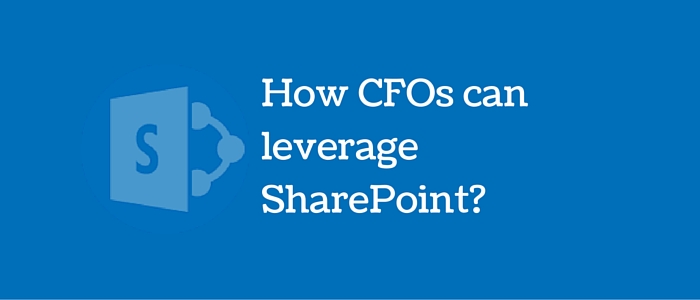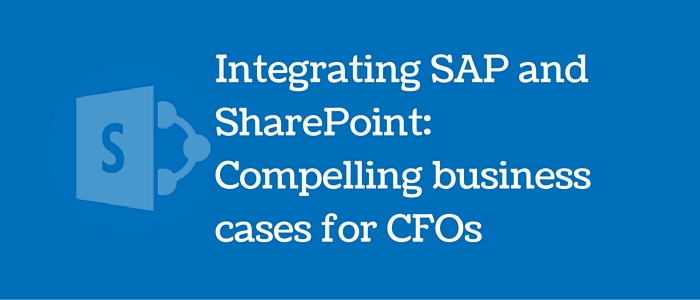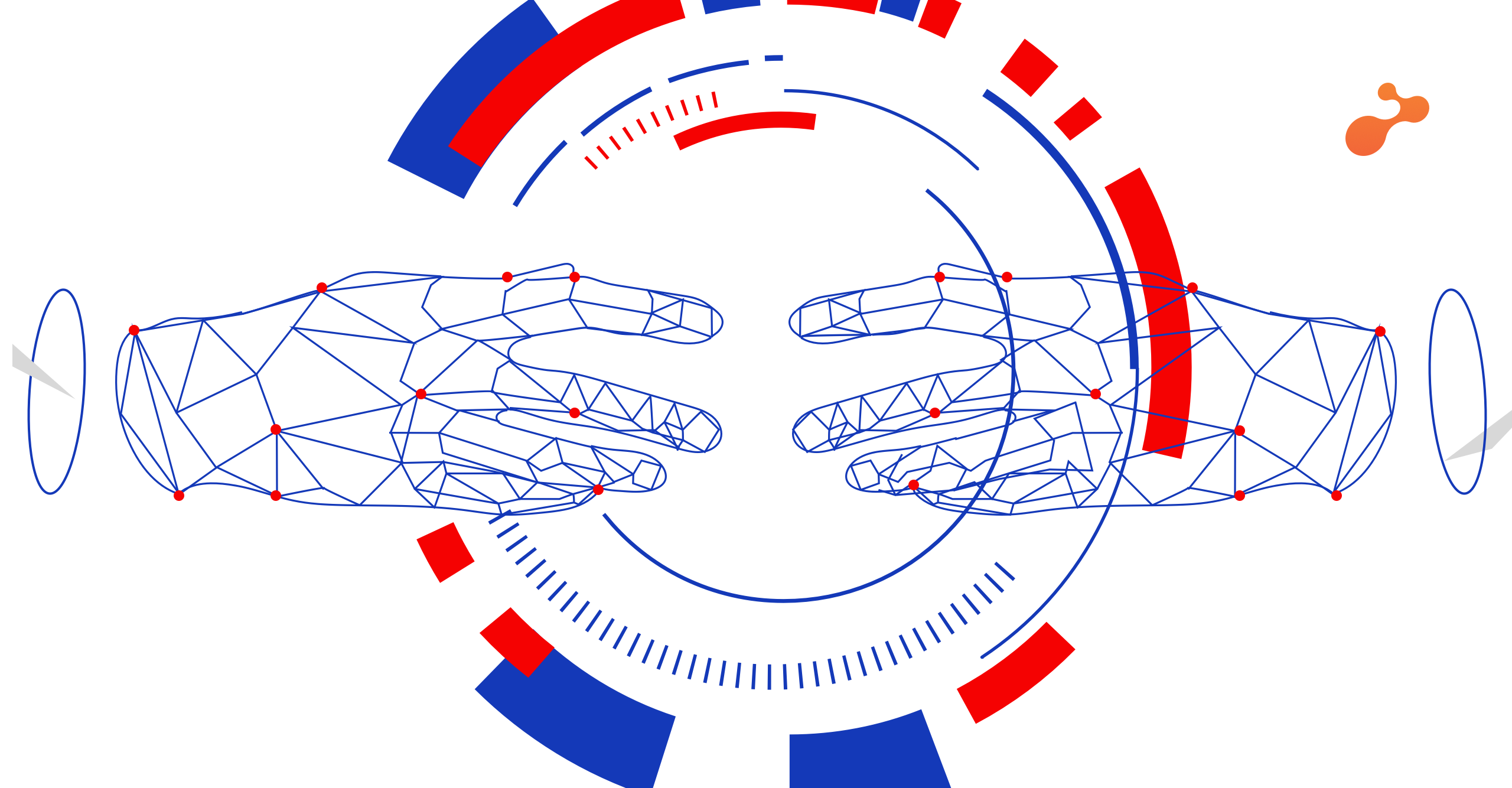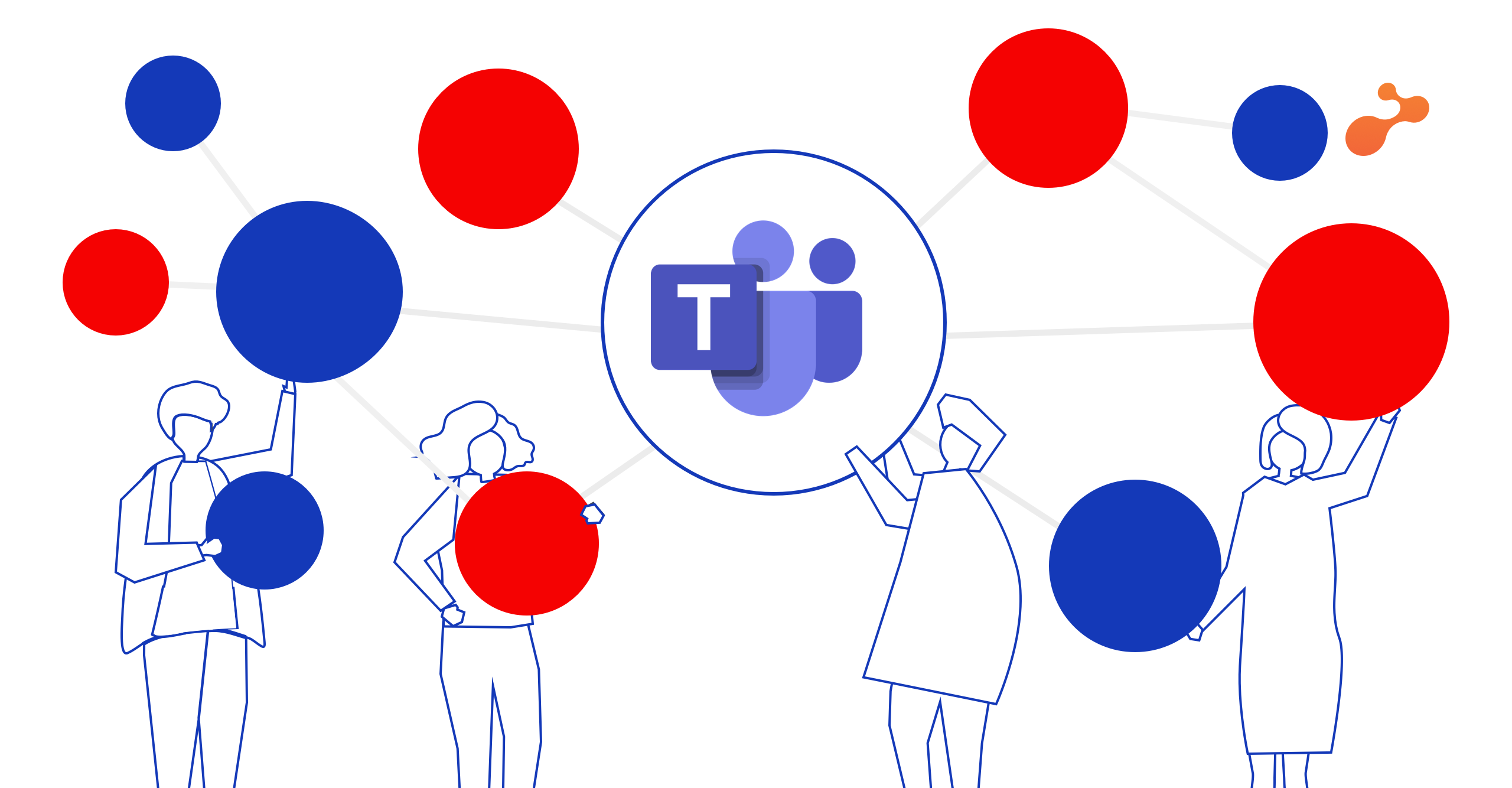Today’s digital economy has changed the way CFOs think and work across organizations. Apart from traditional financial work, a typical CFO drives work in the following areas:
- Automation of Finance
- Tracking and improving business and people efficiencies

Automation of Finance
CFOs and their teams consume and crunch a huge volume of financial data across a variety of documents. Some of these documents include:
- Financial reports
- Financial policies
- Budgeting documents
- Expense reports
- Forecasts and financial reviews
- Vendor documents
- Tax documents
Now, managing these documents is a burning challenge among financial departments. Most of these documents are scattered across the organization across different team members. Also, these documents are largely shared through emails. A big challenge for CFOs lies in making these financial documents available at the right time securely.
Tracking and improving business and people efficiencies
Another important goal for a CFO is to enhance operational efficiency across his team members and the entire organization as a whole. In order to achieve that, your team members should be able to share information easily and securely. Transparent, automated people processes along with integrated systems contribute towards operational efficiencies.
Microsoft SharePoint is uniquely positioned to tackle these challenges head on. It helps with the automation of finance in an easy and secure fashion. Through tools such as roles-based access, it allows fantastic ways to organize information, workforce and projects. Also, through effective collaboration, SharePoint allows people to engage with each other in a transparent manner and re-invent ways to work together.
Feel free to drop in a comment below. Also, happy to chat on Twitter @ezest







